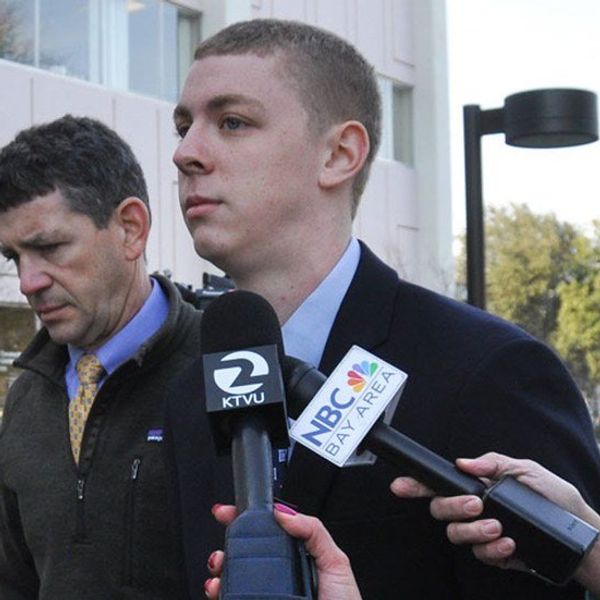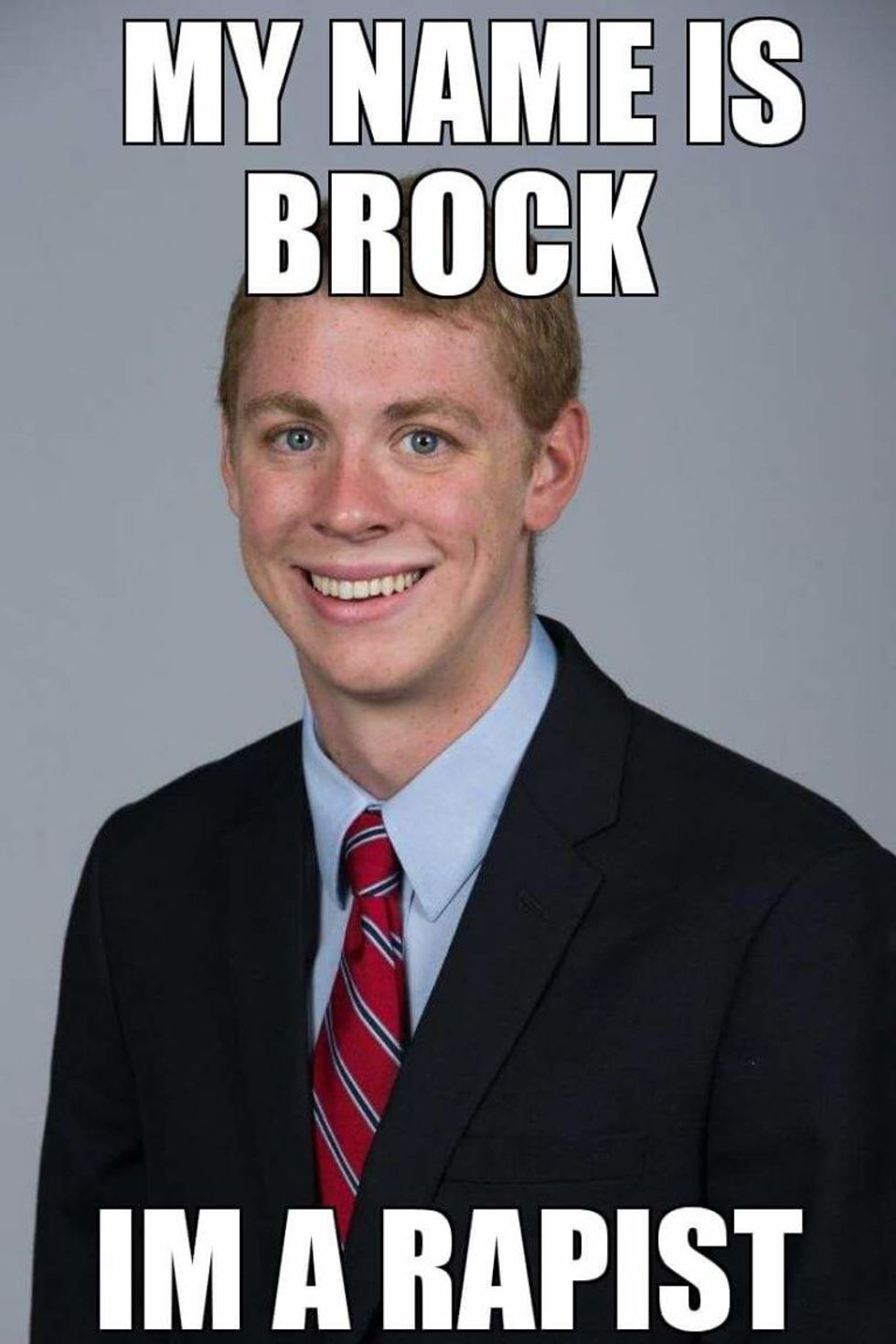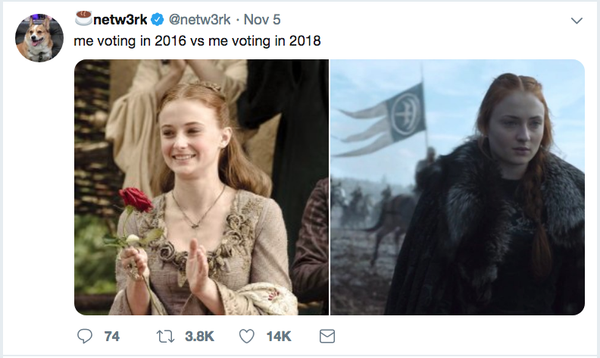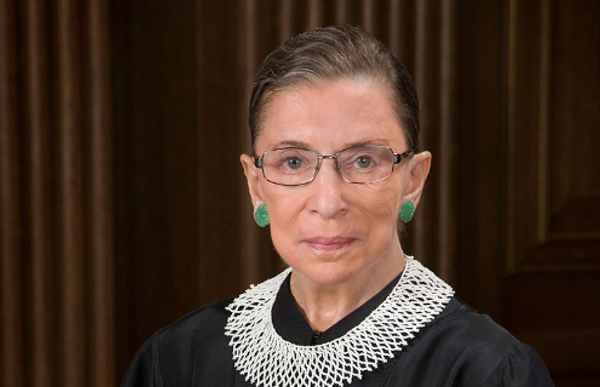Please be aware that this article discusses topics that may be disturbing to some readers.
In the wake of Brock Turner's release last Friday and another gifted athlete guilty of sexual assault receiving a lenient sentence, I thought a frank discussion on sexual assault was warranted. Overwhelmingly, the victims of sexual assault in the United States are women, so it comes as no surprise that most legislation relevant to sexual assault is linked to the women's suffrage and women's rights movements. For Universities, where statistically higher rates of sexual assault occur, the most relevant piece of legislation is Title IX. Along with ending discrimination against women in areas such as athletics, Title IX requires schools to proactively address sexual assaults on their campuses. Title IX has done an excellent job of raising the collective consciousness of college students and has brought conversations about sexual assault into the national conversation. As I'm sure is the case at other universities, Johns Hopkins University freshmen receive close to half a dozen seminars and talks regarding consent. This education is part of the reason that when Stanford swimmer Brock Turner received a six month sentence for sexual assault (of which he only served three months), there was a huge national outcry. The trial of David Becker was similar, albeit smaller and for a rising college athlete. Both cases are described in more detail below.
Around 1:00 AM on January 18th, 2015, Brock Turner was found digitally penetrating an unconscious woman (referred to as "Jane Doe" in the indictment documents) next to a dumpster outside of the Kappa Alpha fraternity house on the Stanford University campus. As disturbing as the event was portrayed, it unfortunately did not make national coverage simply because events such as that are far too common. Encouragingly, Stanford University banned him from campus two days after the arrest, so they were the first to proactively protect the victim. On March 30th, 2016 (well over a year later), Turner was found guilty of three separate counts of felony sexual assault. The sentencing had an upper limit of 14 years behind bars, but the prosecutors only advocated for six years. The suggestion clearly fell on deaf ears, as the judge only sentenced Mr. Turner to six MONTHS behind bars, as well as three years of probation.
What followed was a national outcry revolving around topics such as white, athlete, and class privilege. For most of June of this year, my Facebook timeline was full of discussions regarding Brock Turner and the meme below (meme 1). Most of the attention regarding the case came from a letter by Brock Turner's father that basically stated that Brock should not be punished for "20 minutes" of action and the horrifying testimony released by Jane Doe. Vice President Joe Biden, after reading the testimony, even wrote a letter to the victim discussing his outrage at the judicial system for the horrible way they handled the case. The Country was rightly captivated by the injustice they saw. The judge who presided over the case even faced a possible recall due to disgust over his sentencing. But, as seemingly always happens in the United States, the topic quickly fell out of attention. Even now as Brock Turner is walking the streets again, Google Trends reports that interest in Brock Turner, as measured by the number of times his name or a repeated term is searched in their browser, has fallen over 30 times below its peak value. People just seem to have lost interest in the case.
Meme 1
David Becker, despite being involved in a remarkably similar case, has received far less media attention. Even now, if you google his name, a significant amount of links will be related to a famous actor with the same name. On April 2nd, 2016, David Becker attended a house party where he sexually assaulted two girls who had both passed out at the home in separate incidents (twice as many as Brock Turner). Becker was charged with two counts of rape and one count of indecent assault and battery; for his crimes, he was given two years of probation and, after successful completion of his probatory period, will not have to register as a sex offender. Here, the prosecutors appear to be more culpable, as they agreed to a "continuance" (a form of a plea deal where the court "agrees to continue a case without a guilty finding for a certain period, as long as the defendant adheres to the terms of his or her probation" via ABC) rather than taking the case to trial. To add to the controversy, Becker's lawyer, Thomas Rooke, told The Republican that Becker "can now look forward to a productive life without being burdened with the stigma of having to register as a sex offender" and "The goal of the sentence was not to impede this individual from graduating high school and to go onto the next step of his life, which is a college experience." Because, you know, Becker's college experience is more important than the two women who will have to live the rest of their lives dealing with the aftermath of sexual assault. Rightfully so, some advocates have also suggested that the decision in this case will discourage future victims from reporting their assaults, simply due to the lack of a punishment for the offender mixed with the emotional trauma of a trial.
The media had a major role in raising the national profile of the Brock Turner case, but it appears that they have faltered in their coverage for his release and the David Becker case. At the moment, most news stories are devoted to Colin Kaepernick not standing for the National Anthem, Donald Trump visiting Mexico and seemingly lying about his discussions with Mexican President Enrique Peña Nieto, and the Philadelphia Zoo foolishly utilizing online polling to name their newly born Western Lowland Gorilla (Spoiler: it's going to be Harambe). It is interesting to note that the only news outlet to report on the amendment the day it was passed in California was the British news company BBC. Neither CNN, CBS, nor Fox News had any mention of the amendment on their home pages - which is not encouraging if people truly want to see change. The media has a role in promoting these stories, but the short attention span of the United States also has a role in promoting these stories among their friends, families, and coworkers.
As bleak as these two cases seem to be, there are a few positives that have come from their . Just today (August 20th), California amended a bill to close a loophole regarding mandatory minimums in sexual assault cases where force was not used (like Brock Turner's). David Becker had his scholarship to play basketball and his admission to the University of Dayton rescinded, and he will now have to attend a community college. As time goes on, more positive impacts could be seen, but only if the collective consciousness of the United States keeps these two cases in their minds.






















